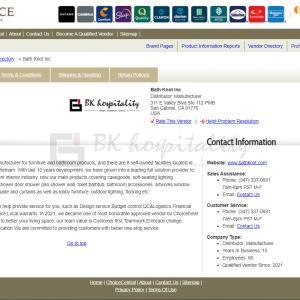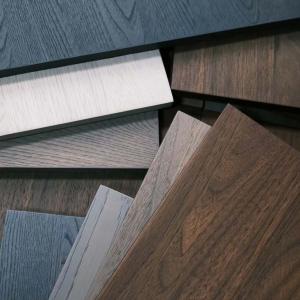The latest customization trends in hotel furniture
Customized furniture has become one of the key strategies for star-rated hotel brands to compete in differentiation. It can not only accurately match the hotel's design concept and enhance the aesthetics of the space, but also enhance the customer experience, thus standing out in the fierce market competition. The following are several aspects of how customized furniture can help hotel brands compete in differentiation, as well as the latest customization trends:How customized furniture can help brands compete in differentiation:
Reflect brand characteristics and culture: Through customized furniture, hotels can accurately convey their brand stories and cultural essence. Whether it is design elements, material selection or color matching, they can be consistent with the overall style of the hotel to form a unique brand identity.
Optimize space utilization: For the specific room types and space layouts of the hotel, customized furniture can achieve maximum space utilization and solve problems that standardized furniture is difficult to adapt to, such as efficient use of special-shaped spaces, hidden storage designs, etc., to improve the comfort and satisfaction of guests.
Meet specific functional needs: Customized furniture can be designed according to the special needs of the hotel, such as multi-functional desks in business hotels, outdoor leisure furniture in resort hotels, and child safety furniture in parent-child hotels. These are personalized needs that are difficult to meet with standardized products.
Improve customer experience: Through customization, hotels can provide customers with more considerate services, such as adjusting the hardness of the bed according to the preferences of the guests, providing specially customized furniture accessories, etc. These details can significantly improve the overall experience of customers.
The latest customization trends:
Intelligent integration: Combining smart home technologies, such as smart beds, inductive lighting, and automatically adjustable curtain systems, through customized furniture integrated with intelligent functions, enhance the sense of technology and convenience of the guest experience.
Sustainability and environmental protection: More and more hotels choose to use sustainable materials for customized furniture, such as recycled wood, bamboo, bio-based composite materials, etc., which is not only in line with the environmental protection trend, but also a reflection of the hotel's social responsibility.
Health and comfort: In view of the improvement of health awareness, customized furniture pays more attention to ergonomic design, such as mattresses that meet the requirements of spinal health, adjustable height work tables, etc., to ensure the health and comfort of guests.
Art and cultural integration: Customized furniture is not only a practical item, but also a work of art. By cooperating with local artists or designers, artistic elements are integrated into furniture design to enhance the hotel's artistic taste and cultural depth.
Modularity and flexibility: In order to adapt to the rapidly changing market demand, modular customized furniture has become a trend, which is convenient for quickly adjusting the layout or function according to different needs, and improving the adaptability and service life of furniture.
In summary, customized furniture can not only meet the hotel's dual needs for aesthetics and functionality, but also is a core component of the hotel brand differentiation strategy. By keeping up with the latest customization trends, hotels can continue to innovate and enhance brand competitiveness.



